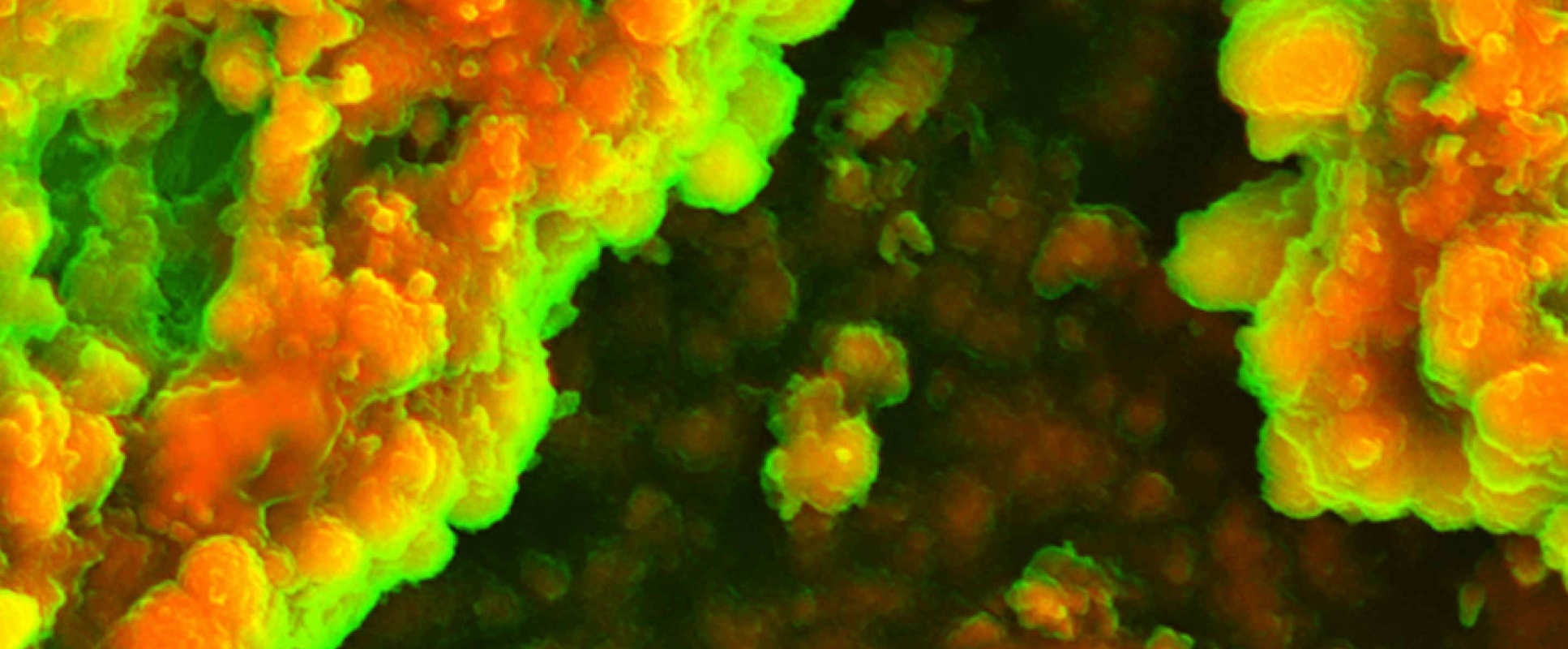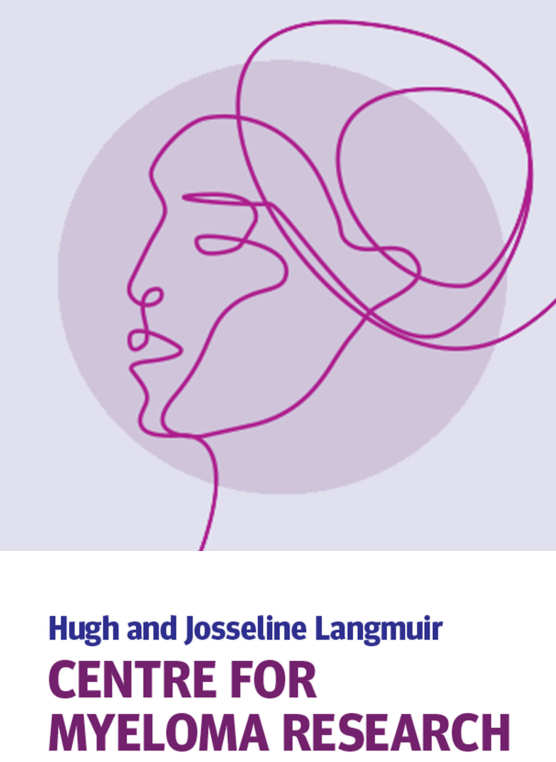BibTex format
@article{Larocca:2018:10.1038/s41375-018-0142-9,
author = {Larocca, A and Dold, SM and Zweegman, S and Terpos, E and Waesch, R and D'Agostino, M and Scheubeck, S and Goldschmidt, H and Gay, F and Cavo, M and Ludwig, H and Straka, C and Bringhen, S and Auner, HW and Caers, J and Gramatzki, M and Offidani, M and Dimopoulos, MA and Einsele, H and Boccadoro, M and Sonneveld, P and Engelhardt, M},
doi = {10.1038/s41375-018-0142-9},
journal = {Leukemia},
pages = {1697--1712},
title = {Patient-centered practice in elderly myeloma patients: an overview and consensus from the European Myeloma Network (EMN)},
url = {http://dx.doi.org/10.1038/s41375-018-0142-9},
volume = {32},
year = {2018}
}
RIS format (EndNote, RefMan)
TY - JOUR
AB - Multiple myeloma is a disease typical of the elderly, and, because of the increase in life expectancy of the general population, its incidence is expected to grow in the future. Elderly patients represent a particular challenge due to their marked heterogeneity. Many new and highly effective drugs have been introduced in the last few years, and results from clinical trials are promising. Besides the availability of novel agents, a careful evaluation of elderly patients showed to be a key factor for the success of therapy. A geriatric assessment is a valid strategy to better stratify patients. In particular, different scores are available today to appropriately assess elderly patients and define their fitness/frailty status. The choice of treatment – transplantation, triplets, doublets, or reduced-dose therapies including novel agents – should depend on the patient’s fitness status (fit, intermediate-fit or frail). Second-generation novel agents have also been evaluated as salvage therapy in the elderly, and these new agents certainly represent a further step forward in the treatment armamentarium for elderly patients with multiple myeloma.
AU - Larocca,A
AU - Dold,SM
AU - Zweegman,S
AU - Terpos,E
AU - Waesch,R
AU - D'Agostino,M
AU - Scheubeck,S
AU - Goldschmidt,H
AU - Gay,F
AU - Cavo,M
AU - Ludwig,H
AU - Straka,C
AU - Bringhen,S
AU - Auner,HW
AU - Caers,J
AU - Gramatzki,M
AU - Offidani,M
AU - Dimopoulos,MA
AU - Einsele,H
AU - Boccadoro,M
AU - Sonneveld,P
AU - Engelhardt,M
DO - 10.1038/s41375-018-0142-9
EP - 1712
PY - 2018///
SN - 1476-5551
SP - 1697
TI - Patient-centered practice in elderly myeloma patients: an overview and consensus from the European Myeloma Network (EMN)
T2 - Leukemia
UR - http://dx.doi.org/10.1038/s41375-018-0142-9
UR - http://hdl.handle.net/10044/1/58981
VL - 32
ER -

